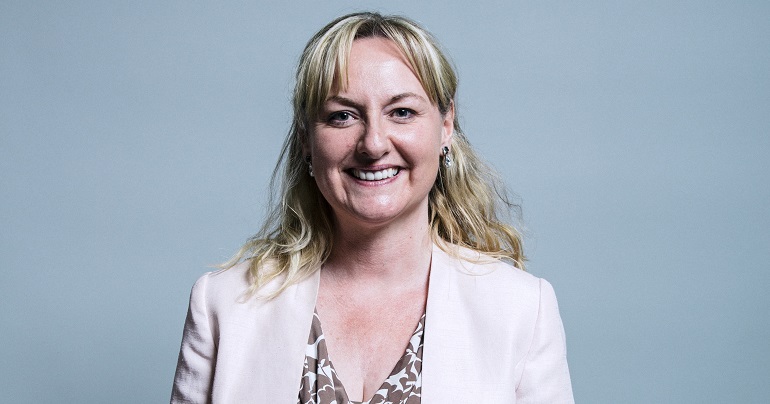The SNP’s 10 year strategy for mental health in Scotland

One in four of us will be affected, directly or indirectly, by mental illness during our lifetimes, making it a hugely important issue. Mental illness does not discriminate, it can affect anyone, of any age, in any circumstances. It is estimated that two thirds of people who would benefit from treatment for mental ill-health are currently missing out. As a result, the Scottish National Party is implementing huge changes in order to tackle the mental health crisis.
In 2017, the SNP launched its new 10-year strategy in order to reshape mental health policy for the better, and to tackle mental health problems. This strategy set out 40 actions it intends to implement over the next decade in order to improve the services provided to citizens. Scotland was the first country in the UK to appoint a dedicated Mental Health Minister, to oversee these changes.
The Scottish government has recognised that there is a lack of funding and staff for mental health services, and as a result have increased investment significantly. In 2017 investment in mental health reached £1 billion for the first time ever. Using this investment, the Scottish Government intends to employ an extra 800 trained mental health workers. This will ensure that citizens have access to a mental health professional in all A&E departments, in health centres, in every custody suite in every police station, and prison by 2027.
The mental health needs across Scotland are rapidly changing, and in order to meet these ever-changing needs, a taskforce on Children and Young People’s Mental Health has been created. This taskforce will examine the current way mental health services deliver their services, and the taskforce will develop a blueprint for how support can be better delivered in future. We acknowledge that mental health issues are becoming increasingly prevalent among young people and adolescents and as a result the already lengthy waiting list for Child and Adolescent Mental Health Services (CAMHS) is increasing further. As a result, the Scottish Government has increased the number of professionals working in child and adolescent mental health services by almost 50 per cent, making a significant difference to the length of waiting lists and the service itself.
The Scottish Government recognises that mental health hugely affects younger people, and particularly with the rise of social media. As a result, they have pledged to invest a further £60 million in additional school counselling services, which will help to support 350 counsellors. This is to ensure every High School has a counselling service, in an attempt to instil coping strategies for mental health struggles in young people. This will also help to alleviate the pressure on CAMHS as less acute cases can be dealt with by school mental health services.
The Scottish Government was the first in the UK to have set a target waiting time for mental health, the same as it has for physical health. This helps not only to improve the service delivery the NHS provides, but it also helps to remove the stigma around mental health by treating mental illnesses in the same way physical health is treated.
The Scottish Government has launched a new National Suicide Prevention Action Plan, and this sets out the plan to reach our new goal of further reducing Scotland’s suicide rate by 20 per cent by 2022. This goal is supported by £3 million of funding and a new National Leadership Group to oversee a delivery plan of priorities and actions set out in the National Suicide Prevention Action Plan.
We are making huge strides to improve mental health services in the future, leading Scotland towards a better future for mental health care. The implementation of the 10-year strategy has helped with this hugely and highlights the SNP’s commitment to reshaping mental health policy in the future. It makes long term changes to the current system through further investment and increased staffing, and is also helping to reduce the stigma around mental ill health by focusing on wellbeing and mental health across the lifespan.
Lisa Cameron was an SNP MP for East Kilbride, Strathaven and Lesmahagow from 2015-2019, and is standing for re-election in the General Election. Cameron is also the SNP’s mental health spokesperson.
With the UK now set for a General Election on December 12, Bright Green is publishing a series of articles from progressive party spokespeople on how their policies would transform the country. This article is part of that series – all articles can be found here.
Header image credit: UK Parliament – Creative Commons



—–to remove the stigma around mental health —
May I suggest this:
1. Do not personally practice it, do not lend you personal or editorial voice to it.
2. Deline to support people who continue to direct it.
Both are easily adopted practices.